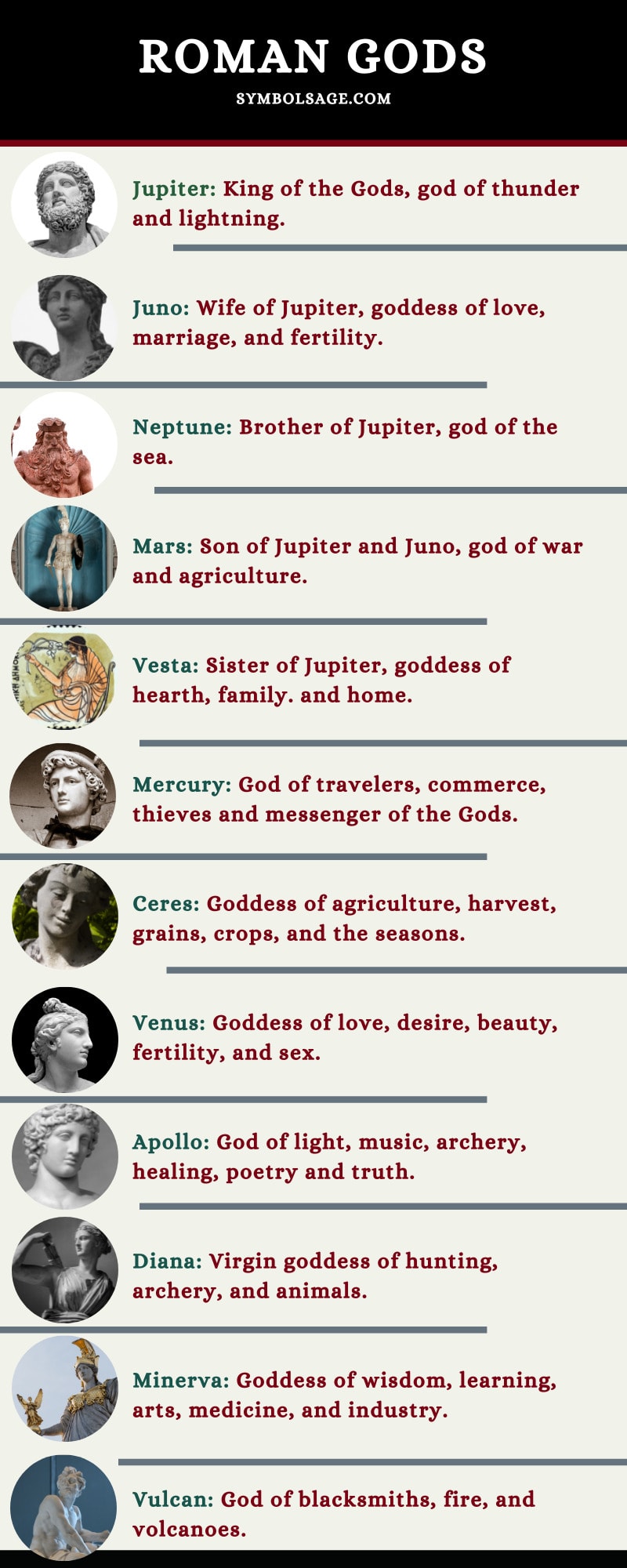In the vast tapestry of mythology, goddesses occupy a unique and powerful role, embodying various aspects of life, nature, and the human experience. Their names and powers resonate through history, symbolizing strength, wisdom, love, and fertility among other attributes. This article will explore the names and powers of various goddesses across cultures, providing a deeper understanding of their significance and the lessons they offer us today.
Throughout history, goddesses have been revered and worshipped in different cultures, often reflecting the values and beliefs of the societies that celebrate them. From the ancient Greeks and Romans to the rich traditions of Hinduism and Native American spirituality, each goddess carries her unique narrative and influence. Understanding these divine figures not only enriches our appreciation of mythology but also empowers us to draw inspiration from their stories in our own lives.
This guide will delve into various goddesses, their names, powers, and the cultural context in which they exist. Whether you are a mythology enthusiast, a spiritual seeker, or simply curious about these powerful feminine figures, this article aims to provide valuable insights and knowledge.
Table of Contents
- 1. The Role of Goddesses in Mythology
- 2. Major Goddesses Across Different Cultures
- 3. The Powers of Goddesses
- 4. Goddess Names and Their Meanings
- 5. Worship and Festivals
- 6. The Modern Interpretation of Goddesses
- 7. How to Connect with Goddess Energy
- 8. Conclusion
1. The Role of Goddesses in Mythology
Goddesses serve as powerful symbols in mythology, often representing various aspects of life such as love, war, wisdom, and nature. They are integral to the stories and teachings of many cultures, often embodying the ideals and values that societies hold dear. Here are some key roles that goddesses play:
- Creativity and Inspiration: Many goddesses are associated with arts, music, and inspiration, guiding humans in their creative endeavors.
- Motherhood and Fertility: Goddesses often symbolize fertility and motherhood, providing guidance and protection to families.
- Wisdom and Knowledge: Some goddesses are revered for their wisdom, offering insights and guidance to those seeking knowledge.
- War and Protection: Certain goddesses embody the spirit of warfare, representing strength and protection in times of conflict.
2. Major Goddesses Across Different Cultures
Across cultures, several goddesses have stood out due to their influence and power. Here are some notable examples:
The Greek Pantheon
In ancient Greece, goddesses played pivotal roles in myths and legends. Here are a few prominent Greek goddesses:
- Athena: Goddess of wisdom, courage, and warfare.
- Aphrodite: Goddess of love and beauty.
- Artemis: Goddess of the hunt, wilderness, and childbirth.
The Hindu Tradition
Hinduism boasts a rich tapestry of goddesses, each with unique attributes:
- Saraswati: Goddess of knowledge, music, and arts.
- Durga: Warrior goddess symbolizing strength and protection.
- Lakshmi: Goddess of wealth, fortune, and prosperity.
3. The Powers of Goddesses
Each goddess is imbued with distinct powers that reflect her domain. Understanding these powers can provide insights into the values and beliefs of the cultures that worship them. Here are some common powers associated with goddesses:
- Healing: Many goddesses are associated with healing, offering comfort and restoration to those in need.
- Fertility and Abundance: Goddesses often bless followers with fertility and abundance, symbolizing the cycles of life.
- Wisdom and Guidance: A number of goddesses provide wisdom and guidance, helping individuals navigate life's challenges.
- Protection: Goddesses often serve as protectors, shielding their devotees from harm.
4. Goddess Names and Their Meanings
The names of goddesses often carry deep meanings and significance. Understanding these can enhance our appreciation of their stories:
- Freya: Norse goddess of love, beauty, and fertility, her name means "lady."
- Kali: Hindu goddess representing time, change, and destruction, her name signifies "the black one."
- Isis: An Egyptian goddess associated with magic and motherhood, her name means "throne."
5. Worship and Festivals
Worship of goddesses often involves rituals, prayers, and festivals that celebrate their significance. Here are some notable festivals:
- Durga Puja: A major Hindu festival celebrating the goddess Durga.
- Vasant Panchami: A festival dedicated to Goddess Saraswati in Hindu culture.
- Imbolc: A Celtic festival honoring the goddess Brigid.
6. The Modern Interpretation of Goddesses
In contemporary society, the image and influence of goddesses continue to evolve. Many people draw inspiration from these figures in their spiritual practices and daily lives. The modern interpretation emphasizes:
- Empowerment: Many women find empowerment through the stories and attributes of goddesses.
- Spirituality: Goddesses are often invoked in spiritual practices, symbolizing a connection to the divine.
- Feminine Energy: The celebration of feminine energy and qualities associated with goddesses is increasingly recognized.
7. How to Connect with Goddess Energy
Connecting with goddess energy can be a transformative experience. Here are some ways to foster this connection:
- Rituals and Offerings: Create rituals that honor specific goddesses, including offerings and prayers.
- Meditation and Visualization: Practice meditation to connect with the qualities of different goddesses.
- Study and Learn: Read about the stories and teachings associated with various goddesses.
8. Conclusion
In conclusion, goddesses embody a rich array of names and powers that reflect the values and beliefs of different cultures. By exploring their stories and significance, we can draw inspiration and empowerment from these divine figures. We invite you to share your thoughts in the comments, explore more articles on our site, and embrace the wisdom of the goddesses in your own life.
Thank you for joining us on this journey through the names and powers of goddesses. We hope you found this article informative and inspiring, and we look forward to welcoming you back for more insightful content in the future.
Ultimate Guide To Pixie Hair Products: Achieve Fabulous Short Hair
Iam Tongi: The Rise Of A Young Star On American Idol
Matthew Cowles: A Comprehensive Biography And Career Overview


